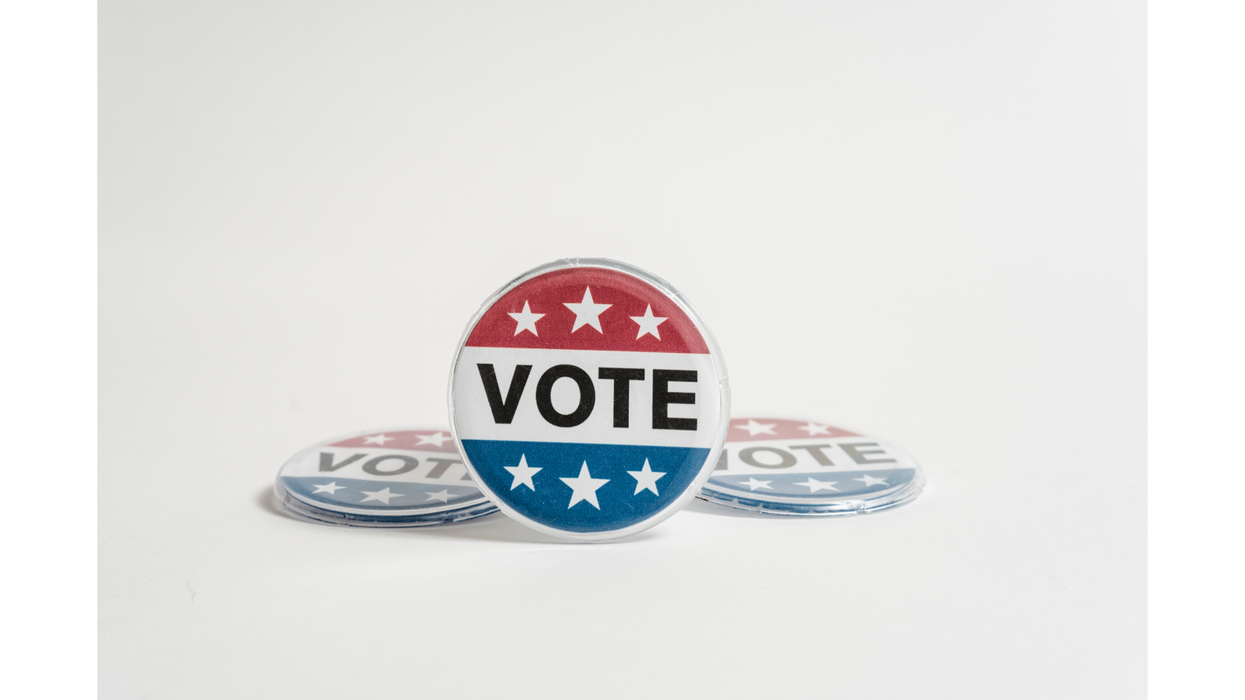Sumpter is CEO of FairVote, a nonpartisan organization seeking better elections. Otis is FairVote’s director of research and policy.
Fifteen states are holding presidential primaries this April and May. And at a time when party polarization seems stronger than ever, Donald Trump and Joe Biden voters seem to agree on at least one question: What’s the point?
The Washington Post found that only about one in 10 voters nationwide took part in a primary or caucus through Super Tuesday. Turnout has tumbled further since then.
The 2028 primaries may seem far away, but now is the time to think about a better process – one where voters feel their participation has actual value. The next presidential primary presents a tremendous opportunity for voters and parties alike: There could be two dozen candidates on each side as the parties move on from Trump and Biden.
One crucial nonpartisan fix is ranked-choice voting, which seven states and territories have already used for presidential primaries. Here’s how it would give voters more meaningful choice and voice, and strengthen the parties’ nominees, in 2028.
RCV ensures voter choice despite primary tumult
On the Republican side, a pair of two-term governors, Ron DeSantis and Chris Christie, ran strong campaigns early in the 2024 cycle. But Christie dropped out just before the Iowa caucus, yielding to fears that he would divide the “anyone but Trump” vote. DeSantis dropped out right after Iowa and immediately endorsed Trump. After just one state, the race was down to two candidates — Trump and Nikki Haley — due to fears of vote-splitting and spoilers.
RCV would have guaranteed meaningful voter choice in the primary. An RCV election works like an instant runoff: If everyone finishes short of 50 percent, the last-place candidates are eliminated and backup choices come into play. No one has to worry about playing “spoiler” — a Christie voter could select Haley second and a DeSantis supporter might pick Trump as her backup.
Voters in New Hampshire and 48 other states should have been able to select from the full field of GOP candidates. The debate might have been about issues and ideas, rather than consumed by calls for candidates to leave the race and make the political math work — hurting voters in the process.
RCV lets voters winnow the field, not donors or early polls
Well before New Hampshire, several serious candidates — including a former vice president — dropped out of the race because of low poll numbers or too few donors. The same thing happened on the Democratic side in 2019 and 2020. Meaningless early polls, taken well before most voters have tuned into the race, shouldn’t narrow the fields to the detriment of voters.
With RCV, the campaign can go on and everyone can take part. Crowded fields become a strength, not a threat.
A more competitive field could have another major benefit — voters in states holding primaries in March or later would have a real voice. This year, Trump and Biden clinched their party’s nominations before voters in almost half the states had a chance to cast a ballot.
RCV ends ‘zombie votes’
In both 2020 and 2024, far too many Americans cast an early ballot for candidates who quit the race before primary day. This year, over 300,000 Republicans voted for a candidate who already exited the field. On the Democratic side in 2020, well over 3 million votes — about one out of every 10 cast — went toward a withdrawn “zombie” candidate.
Early voters shouldn’t be disadvantaged if their preferred candidate drops out on the eve of their state’s primary, like DeSantis in 2024 or Pete Buttigieg and Amy Klobuchar in 2020. Ranked-choice voting would give every voter a backup choice and ensure that no ballots are wasted.
Ranked-choice voting is also good for parties that want to nominate the strongest candidate and build party unity going into the general election. On average, 75 percent of voters rank the winner of an RCV election in their top three choices — showing both the broad appeal of RCV winners and how voters are represented in the outcome of these contests, even if it’s their backup choice who ends up victorious.
The good news: RCV is being used in some states already. Voters in Maine and Alaska use RCV in nearly all federal and statewide elections. Republicans used RCV in the 2024 primary in the U.S. Virgin Islands. Five state Democratic parties used it in 2020 presidential contests.
And let’s think about the costs of inaction next time. Do we want polls in early 2027 to decide the future of the country? Or should we adopt a pragmatic election reform and let American voters rank their choices and have greater say?
The current process isn’t working for voters or political parties, and it isn’t generating results that give American voters confidence in our democracy. We can do better. This current moment of shared bipartisan frustration — before we harden into partisan camps again — is the time to address it.



















